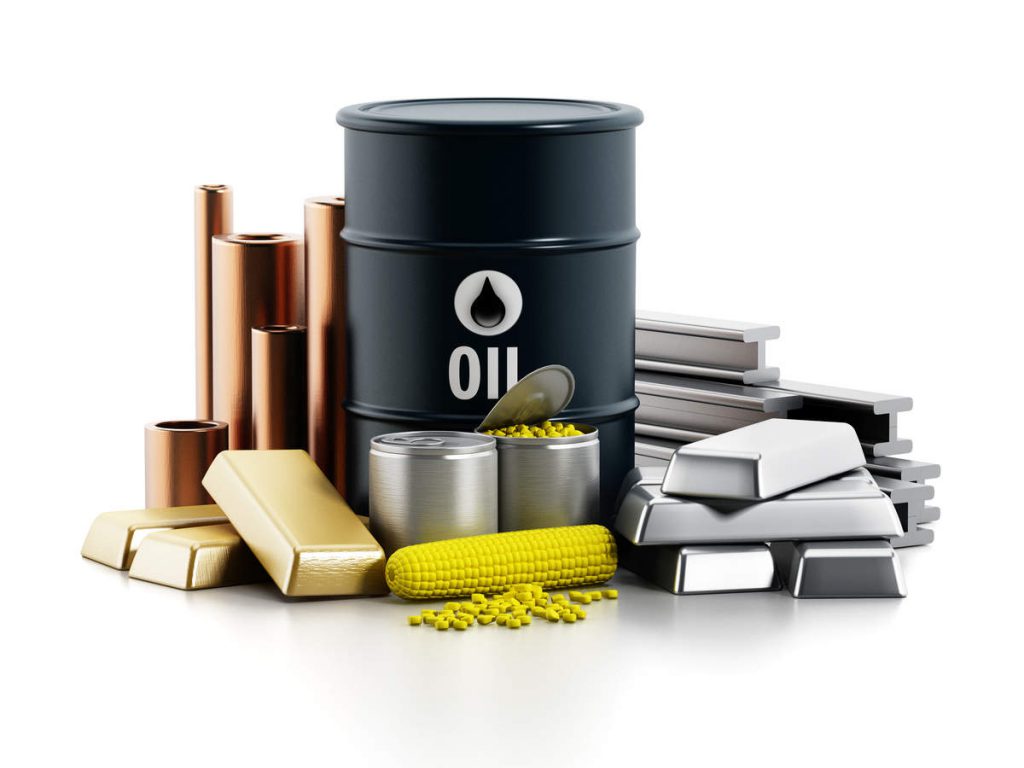
- A record delivery of aluminium onto the LME has raised the prospect of a new wave of trading games, just a few weeks after the exchange moved to clamp down on a previous play.
- Recent tariffs on aluminium imports from Mexico have disrupted the metal’s supply chain, trade routes, and premiums, according to sources speaking to Fast Markets.
- Aluminum inventories surged by over 500,000 tons on Friday, marking the largest daily increase in data dating back to 1997. This influx was driven by deliveries to warehouses in Port Klang, Malaysia.
- Although the metal has been placed on a warrant on the LME, trading hasn’t commenced yet. The surge precedes this week’s “third Wednesday” delivery date—a pivotal liquidity point on the LME—raising the possibility of a significant portion of aluminium changing hands then.
- This record influx follows a month during which the market has been attentive to potential trading activities surrounding Russian aluminium, following US and UK sanctions that prompted the LME to prohibit deliveries of newly-produced metal from Russia.
- Eports of unwrought aluminium and aluminium products from China surged by 13% year-on-year in April 2024

Outlook for the Aluminum Market and Key Factors to Monitor
The aluminium market is expected to trade within a range, showing an upside bias due to the significant increase in LME aluminium inventories, which is exerting pressure on prices. Despite this, domestic inventories of aluminium ingots and billets are continuing to decline, and the downstream market is increasingly accepting high aluminium prices. In the short term, the disparity between domestic supply and demand is not pronounced. The rise in aluminium costs and the resilient consumer demand are likely to support aluminium prices. However, volatility may persist, with potential adjustment risks stemming from LME aluminium inventory levels.
During the reported week, long positions in aluminium decreased by 4%, while short positions fell by 9%, resulting in a Bull-Bear ratio of 2.70 for the metal. Intermittent rainfall in China’s southwest is posing challenges to efforts aimed at making the aluminium industry more environmentally friendly.
Looking ahead, market participants will closely monitor key data releases, such as Fixed Asset Investment (FAI), Industrial Production (IP), and Retail Sales from China. Of particular importance will be the Consumer Price Index (CPI) data from the US, Germany, and the Eurozone, which investors will keenly watch for insights into inflation trends.

